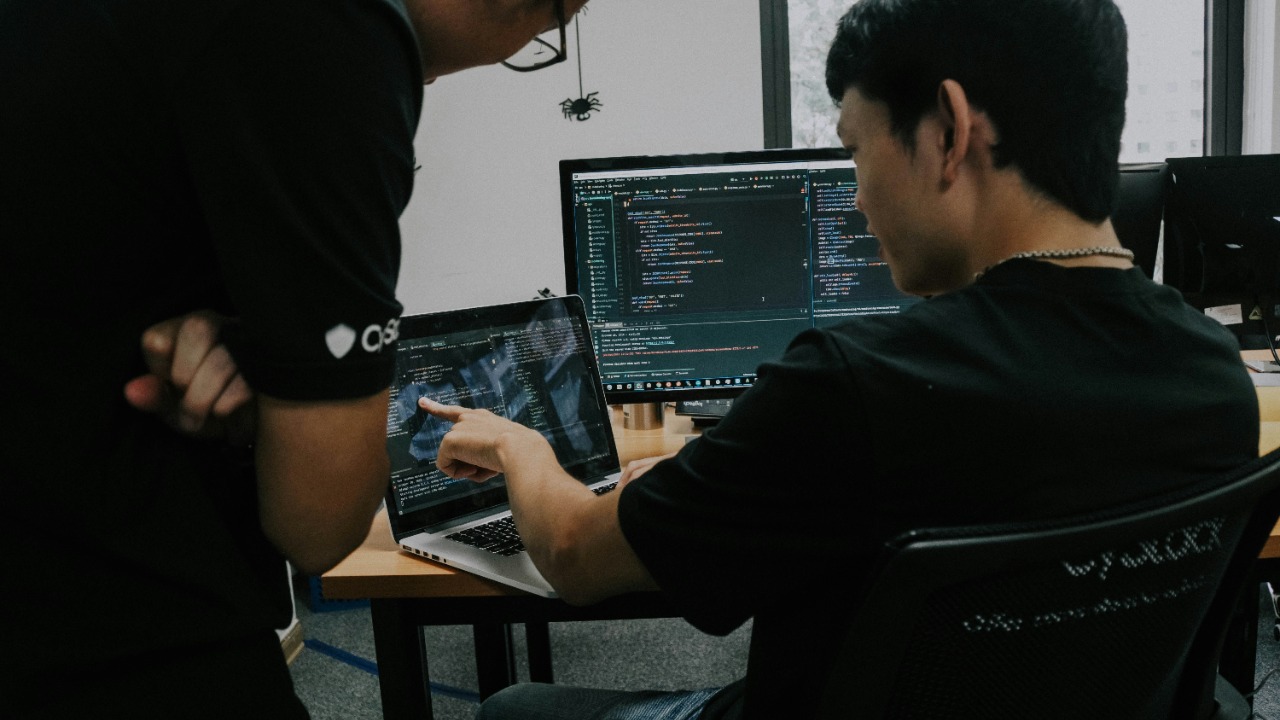
As the rise of artificial intelligence (AI) threatens to automate a wide range of tasks, workers are adopting a defensive strategy to protect their roles. They are ‘gatekeeping’ their specialized skills, withholding crucial knowledge to maintain job security in the face of rapid AI adoption. This phenomenon, described as constructing a ‘fortress of expertise’, is emerging as a direct response to the potential of AI to automate both routine and complex tasks.
Defining Skill Gatekeeping in the AI Era
Gatekeeping in this context refers to the deliberate restriction of access to proprietary skills or tacit knowledge. The aim is to prevent AI from replicating human expertise, thereby safeguarding job roles. This is a significant departure from traditional knowledge sharing practices, where skills and expertise are freely exchanged to foster collective growth and innovation. Instead, intentional barriers are being erected, such as non-disclosure in training or documentation, to keep AI at bay.
Early indicators of this trend were reported on November 6, 2025, with workers taking proactive measures against AI integration. These measures, as reported by MSN, are a clear sign of the growing concern among workers about the threat posed by AI to their livelihoods.
Drivers of Gatekeeping Behavior Among Workers
One of the primary drivers of gatekeeping behavior among workers is job insecurity. AI’s ability to handle repetitive tasks efficiently and accurately has led to fears of job displacement, prompting employees to hoard skills as a survival tactic. Economic pressures, such as layoffs in tech sectors, further amplify these fears, leading to a heightened sense of job insecurity.
The ‘fortress of expertise’ metaphor, as described in a WebProNews report, aptly captures this defensive posturing. It symbolizes the protective barrier workers are building around their unique skills and knowledge to ward off the AI onslaught.
Examples of Gatekeeping in Creative Industries
In the creative industries, artists and designers are withholding their creative workflows to prevent AI tools from mimicking their unique styles. This is a clear example of skill gatekeeping, where the creative process is kept secret to maintain a competitive edge over AI.
Similarly, freelance creators are limiting the sharing of tutorials on platforms to preserve their unique value. These trends, as noted in the November 6, 2025, reports, highlight the growing efforts to protect niche expertise from AI encroachment.
Gatekeeping Strategies in Technical Fields
In technical fields, software engineers are resorting to omitting key code annotations or process details to hinder AI training on their work. This is a strategic move to ensure their skills remain indispensable and irreplaceable by AI.
Similarly, IT professionals are restricting access to troubleshooting heuristics in team settings, making it difficult for AI to learn and replicate their problem-solving strategies. These tactics, as reported on November 6, 2025, illustrate the lengths to which workers are going to build barriers against AI automation.
Impacts on Collaboration and Innovation
While gatekeeping may offer short-term job security, it can have long-term implications for collaboration and innovation. By reducing the flow of knowledge within organizations, gatekeeping can stifle team dynamics and hinder collective problem-solving.
Furthermore, the siloing of expertise amid AI pressures can potentially slow down innovation. This tension between self-protection and collective progress was highlighted in the November 6, 2025, reports, underscoring the complex dynamics at play in the era of AI.
Employer Responses to Worker Gatekeeping
In response to worker gatekeeping, corporations are implementing measures such as mandatory upskilling and AI-inclusive policies. The goal is to foster a culture of learning and adaptation, rather than resistance, in the face of AI integration.
Incentives like bonuses for knowledge sharing are also being introduced to encourage openness and collaboration. These measures, as highlighted in the November 6, 2025, reports, are indicative of the evolving HR strategies in response to defensive worker tactics.
Long-Term Outlook for Skills and AI Coexistence
Looking ahead, it is possible that gatekeeping may evolve into hybrid models that blend human-AI collaboration. This could involve workers leveraging AI to enhance their skills, rather than viewing it as a threat.
From a regulatory perspective, policies promoting transparent AI development could help reduce the need for secrecy and foster a more collaborative approach. These projections, based on the emerging patterns from the November 6, 2025, reports, suggest that gatekeeping may be a transitional phase in the journey towards a more harmonious coexistence of skills and AI.
More from MorningOverview